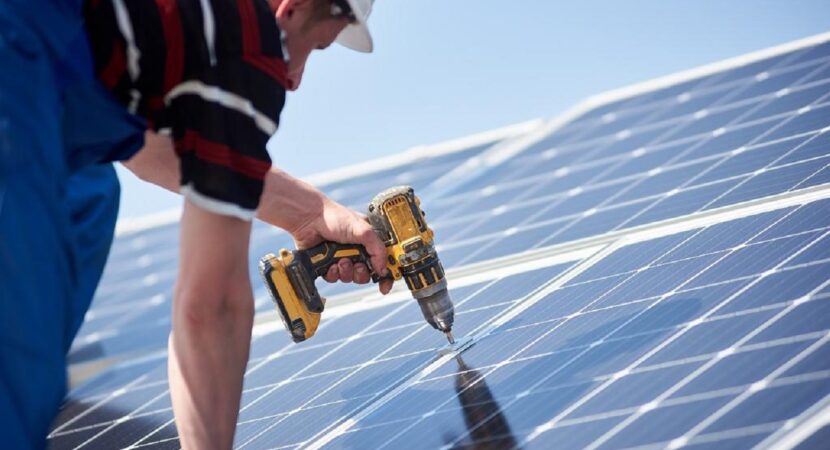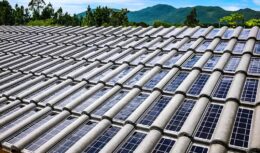
Taxation of the sun is attracting new consumers looking to escape the tax on solar energy; high demand generates shortages in China, which should expand its production of equipment.
With less than 3 months to the end of the exemption period in the solar energy tax, the sector saw a huge increase in validation and installation of solar projects. O Distributed Generation Legal Framework, sanctioned at the beginning of the year and known as 'taxation of the sun', brings new rules for self-generation of energy, as in the case of solar energy. According to the text, those who carry out the installation of a system until January 6 of the next year, will be exempt from the tax on solar energy. for the next 23 years.
Companies see increased demand for installing solar energy panels due to taxation of the sun
Companies that operate in the sector perceive an increase in consumer demand for the search for systems, both to guarantee exemption from tax on solar energy how much to reduce the energy tariff in the budget.
With around 80% of the components imported, the crisis had a strong impact at the end of last year for the importation of items. According to the founder of NeoSolar, Raphael Pintão, the investment will depend on the household's consumption pattern.
For example, a residence spending approximately 500 kwt/month, which would give an electricity bill of R$400 per month, will have to invest something around R$20 to have the system installed and approved on the roof. Considering the expense per month with the electricity bill, the investment will be covered in 4 years.
Logistic problems impact the import of solar equipment
The import of solar energy plates has been impacted by the lack of supply in China and also by problems at the ports.
Part of this problem is the demonstration of increased demand to evade the solar energy tax, the other part is China's lack of production and logistics.
The good news for those who want install a solar power system before the popular 'sun tax' is that there are more than 70 lines of credit on the market aimed at this. On average, the return on investment takes about 5 years. The cost of last year's water crisis would have been much higher had it not been for self-generated energy.
Learn more about solar taxation
The legal framework for distributed generation strengthens the possibility for consumers to offset the electricity in their electricity bills through distributed micro or mini-generation systems. With this, Brazil consolidates and increases this market to a more strategic position in its national policy.
Under the new law, consumers who generate their own energy will undergo a change that will allow them to pay a tariff on the distribution of that energy. This tariff is called the TUSD Fio B or Tariff for the Use of the Distribution System.











Army summons Brazilians with up to…
Come be a watermelon, you too
Air Force F-16 fighters…
Everything is fine, 100-year secrecy,…
Air Force F-16 fighters…
Well... It's flying scrap... Typical...
Air Force F-16 fighters…
Which genocide are you talking about? Than…
Brazil begins an ambitious journey…
Very poor project with the final station…
From a kilometer away, maybe less,…
I am interested in a job as a driver…
Good morning, what do you need to…
Again? After several unfinished works…
I have an AD license, I currently work as a security guard…
Producing non-flexible cars in Brazil is…
Available at any time, just call me
Where are the billions from the bullet train…